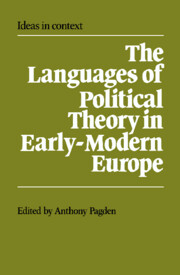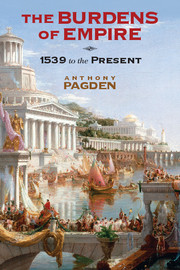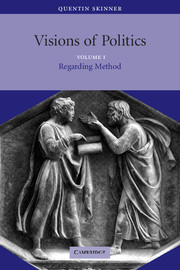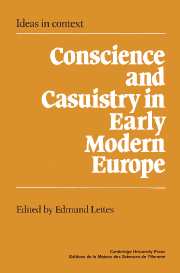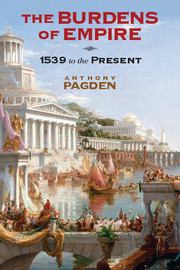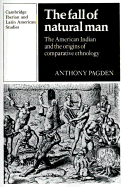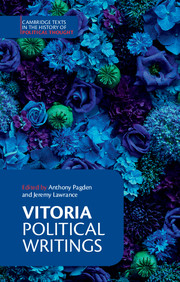The Languages of Political Theory in Early-Modern Europe
This volume studies the concept of a political 'language', of a discourse composed of shared vocabularies, idioms and rhetorical strategies, which has been widely influential on recent work in the history of political thought. The collection brings together a number of essays by a distinguished group of international scholars, on the four dominant languages in use in Europe between the end of the fourteenth and the beginning of the nineteenth century. They are: the language of political Aristotelianism and the natural law; the language of classical republicanism; the language of commerce and the commercial society; and the language of a science of politics. Each author has chosen a single aspect of his or her language, sometimes the work of a single author, in one case the history of a single team, and shown how it determined the shape and development of that language, and the extent to which each language was a response to the challenge of other modes of discourse.
Product details
June 1990Paperback
9780521386661
376 pages
228 × 152 × 25 mm
0.609kg
Available
Table of Contents
- Acknowledgements
- Introduction Anthony Pagden
- 1. The concept of a language and the métier d'historien: some considerations on practice J. G. A. Pocock
- Part I:
- 2. The history of the word politicus in early-modern Europe Nicolai Rubinstein
- 3. Civil science in the Renaissance: the problem of interpretation Donald Kelley
- 4. Dispossessing the barbarian: the language of Spanish Thomism and the debate over the property rights of the American Indians Anthony Pagden
- 5. The 'modern' theory of natural law Richard Tuck
- Part II:
- 6. Sir Thomas More's Utopia and the language of Renaissance humanism Quentin Skinner
- 7. The concept of ordre and the language of classical republicanism in Jean-Jacques Rousseau Maurizio Viroli
- 8. The language of seventeenth-century republicanism in the United Provinces: Dutch or European? Eco Haitma Mulier
- 9. The civil religion of James Harrington Mark Goldie
- Part III:
- 10. Liberty, luxury and the pursuit of happiness M. M. Goldsmith
- 11. The language of sociability and commerce: Samuel Pufendorf and the theoretical foundations of the 'Four-Stages Theory' Istvan Hont
- 12. 'Da metafisico a mercatante': Antonio Genovesi and the development of a new language of commerce in eighteenth-century Naples Richard Bellamy
- Part IV:
- 13. The criticism of rhetorical historiography and the ideal of scientific method: history, nature and science in the political language of Thomas Hobbes Gigliola Rossini
- 14. Saint-Simon and the passage from political to social science Robert Wokler
- 15. Alexander Hamilton and the language of political science Judith N. Shklar
- Index.

